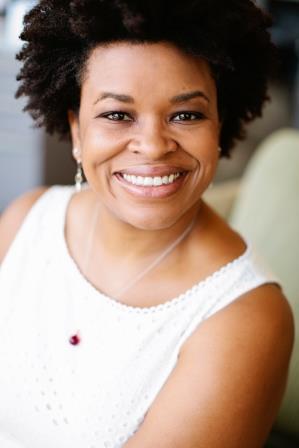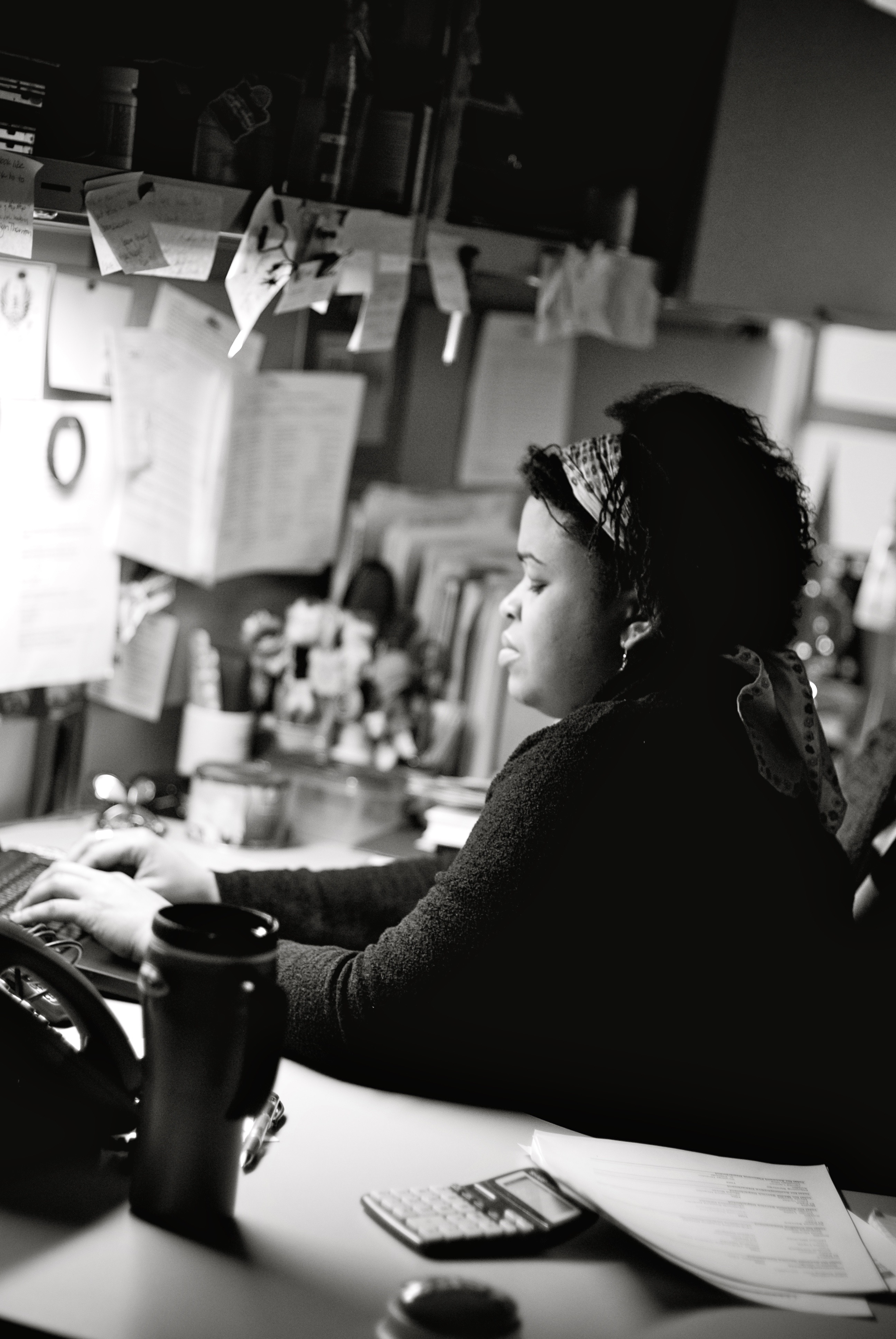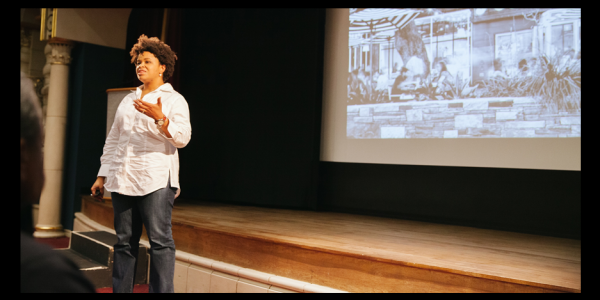
By Elizabeth McGuire
This month, we are highlighting Leslie Wingo; an alumna who is humble though talented, scientific but personable, who clearly admits she does not have all the answers. Wingo is a business woman and leader who has learned to ask for help and she is quick to credit that lesson with significantly improving both the way she lives and works.
Wingo is President and CEO of Sanders\Wingo Advertising, a 90-person firm that is headquartered in El Paso with offices in Austin and New York.
A native of El Paso, Wingo earned her Bachelor of Business Administration in Marketing from The University of Texas at El Paso. She moved to Austin in 2000 and has worked her way up in the family-owned business.
In 2011 Wingo was awarded the Austin Advertising Federation’s Silver Medal for Excellence for her commitment to social welfare. The following year, she was named one of the “Top Women Executives in Advertising & Marketing” in Black Enterprise magazine’s Women of Power issue. In 2013, the Greater Austin Black Chamber of Commerce named Sanders\Wingo “Small Business of the Year” and in 2014, Wingo won the Austin Business Journal’s 2014 Women of Influence Award.
She is the current board chair of AIDS Services of Austin and has served as director and committee chair on several boards, including the Austin Advertising Federation, the American Heart Association of Texas, the American Lung Association, and The Contemporary Austin.
In 2014 Wingo graduated from Leadership Austin’s Essential Class and credits that experience with teaching her critical lessons that she immediately implemented into her personal and professional life.
What drew you to an advertising career?
In college it was strongly suggested that I get an internship. I said, “I know a guy I can ask…‘Hey Dad can I have an internship?’” He said no. So I got one with a competitor. My Dad later came back and said, “You can work at the agency; you just can’t work for me.”
So I worked my way up at this family-owned business doing a lot of different things. I was lucky enough that I got to start at the accounting department, where a woman named Marta Corona taught me the business of advertising. I was very lucky to have her. I switched to account services, media planning, buying, then back to account services.
After my father’s initial “No” he was very hands off and there was a lot of buffer between us. I worked with a lot of strong women who would totally call me on whatever mistakes I made. So there was a lot of buffer and then when I moved here, there was also 600 miles between us.
What makes Sanders\Wingo unique?
We were founded in El Paso in 1958 and opened this office in 2000, just in time for the dot-com bust. We’ve had to adjust. We’ve moved from a traditional agency to one that’s focused on solving our clients’ problems through the lens of behavioral economics. Behavioral economics helps us understand why people are making the buying decisions that they do. For example, something that takes a split second probably has 10 to 12 different steps in it. It’s fascinating.
Anything you’ve learned from that science that you’ve applied to your everyday life?
In the real world, too many options can make decisions more complicated. Behavioral economics will tell you that if you have three choices, you are most likely the pick the one in the middle. So if you’re looking for a house and you look at a dozen…find your top three and you’ll probably pick the one in the middle of those.
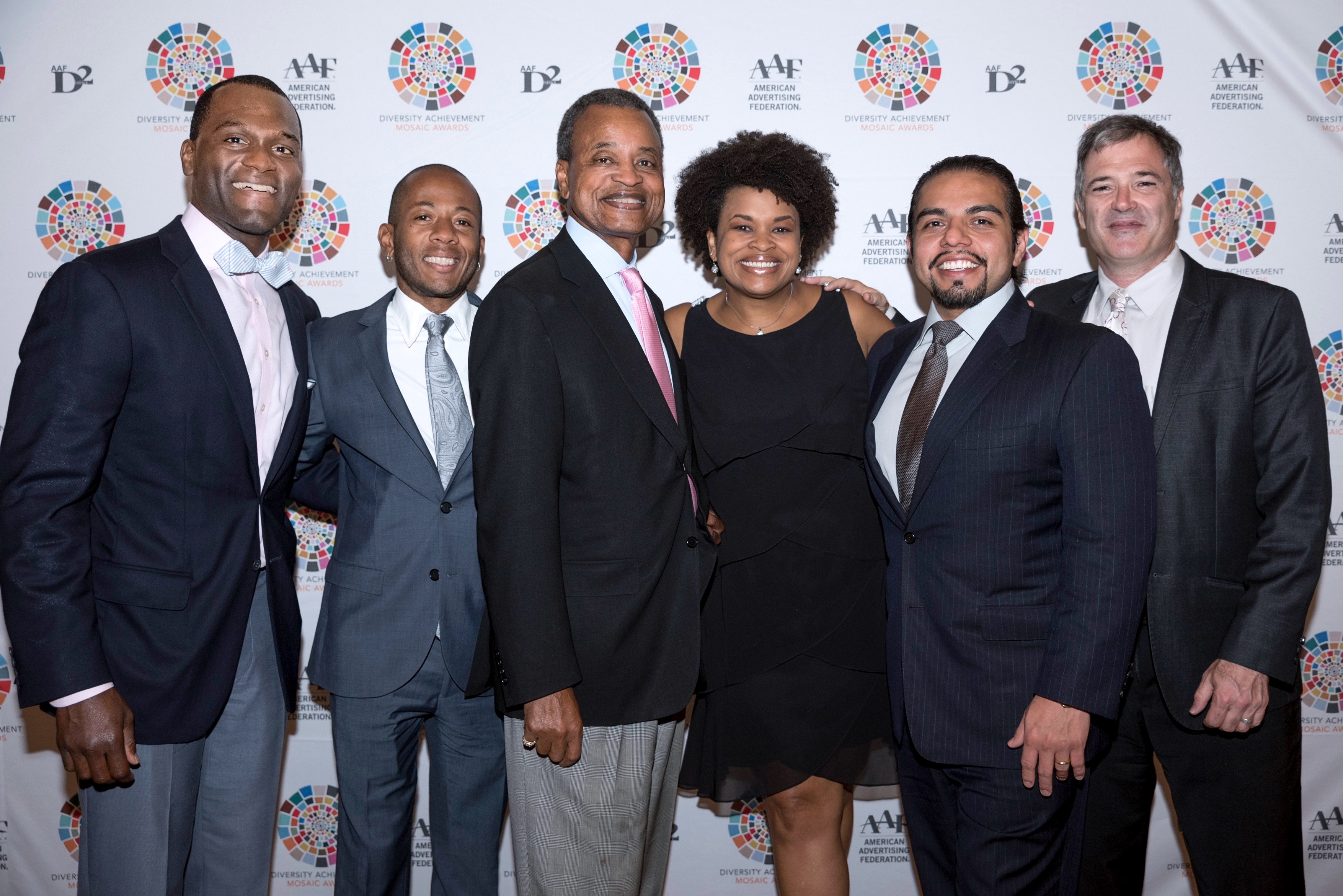
Wingo received the Role Model Award at the American Advertising Federation annual conference in 2015.
Does working with different personalities come naturally to you or was it a learned skill?
The natural part is that I get along with a lot of different people. My background is mostly in account services so I’m good at navigating through what the client’s wants and needs are vs. how we are going to deliver on that so that everybody comes out ahead.
But from the management perspective I had to get help. That’s one of the things that Leadership Austin taught me. They drilled it into our heads. When you get to the point where you’re stuck, you should ask for help. So that’s what I’ve done. I hired a business coach. It was the best and hardest thing I’ve ever done…next to growing a human inside me.
It was interesting because I didn’t know how it was going to work until I started talking with her. I was presenting problems to her…and she would help me redirect the focus. It was less about what was happening at the smallest level and more at the broader view and how to have some of the conversations with my business partners or whoever. It’s been hard. It’s like having a therapist and also hugging a cactus. It’s good though.
What’s the most rewarding part of your work?
On a personal side, being able to give back to the community where I live, work and play. And those two are primarily in El Paso, where I’m from and where our company is headquartered…and here in Austin. Giving back can mean a lot of different things, but I like to give back with my time and my pocketbook.
From a business perspective, it’s nice to be in an environment where we have all these creatives and they can share different ideas.
Good ideas can come from anywhere–not just from the people who are trained in that side of the business.
I love when there’s such a great idea that you can feel the energy in the room change and everybody is inspired…that is the best part of my job.
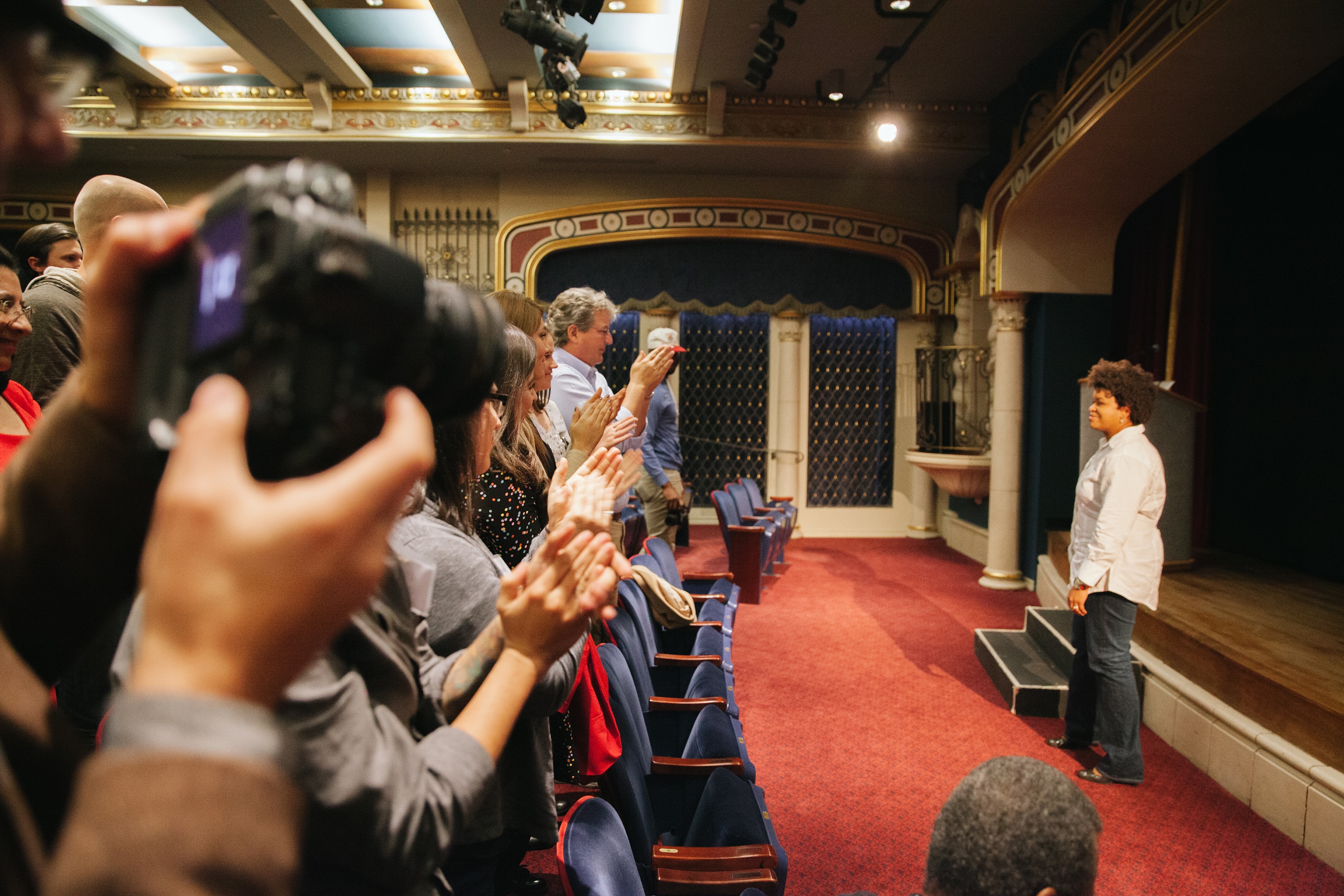
“If I had to describe our agency in one word, it would be “human.” In promoting our clients’ brands, it’s important we stay focused on the humanity of everyone involved.”
What drew you to Leadership Austin?
I had heard about it, of course, and then three different friends suggested I apply. I took each one to coffee to learn more. And then there’s that application process. I thought, What’s the worst that can happen? If I don’t get in, I will just try again. When I got the letter it was like getting the acceptance letter into college.
What were some takeaways from your Essential experience?
The biggest one: Learning to ask for help. That’s the one that has changed me the most. Instead of trying to do everything by myself, I’m better about asking for help.
Another lesson: The value of developing relationships, and focusing on who the person is and not so much on what they do.
And finally: that my time is valuable and I should use my own personal time wisely in terms of what I give and what I keep to myself. So I don’t spread myself too thin.
How do you describe your leadership style?
I hope that I’m fair but not equal, because not everyone is the same. That I’m empathetic, and that I’m still trying to figure out my leadership style. It’s always changing and growing. I don’t know how to describe it, but I do want to make sure that people here are treated better than they would be anywhere else…in terms of work-life balance or rhythm or whatever that means to them. That they are working in an environment that they like, that’s collaborative and creative. Where there’s growth and it’s fun…I hope it’s fun. I think it’s fun. It’s like a house: it’s never going to be finished.
What makes a good leader?
The leaders in this town give a lot of themselves but they don’t get thanked, so I want to thank them first. Good leaders sometimes have to do what’s best vs. what’s right, and make that tough decision when there’s a fine line between the two.
Any advice for leaders?
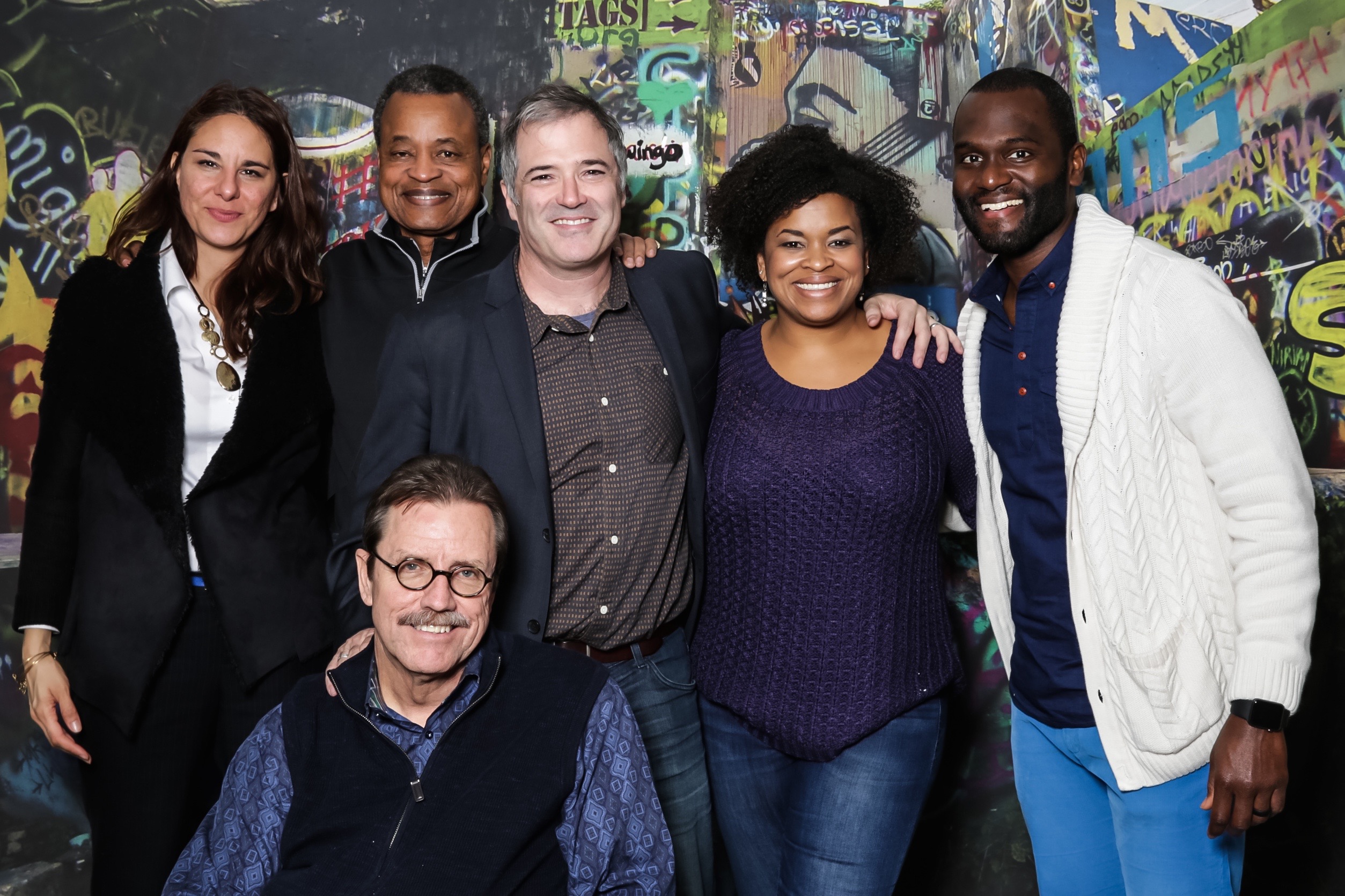
Sanders\Wingo partners, L to R: Daphne Restovic, Robert Wingo, Kerry Jackson (seated) Scott McAfee, Leslie Wingo and Trenzio Turner.
There are a lot of great things that happen in Austin, but sometimes it feels like they happen in silos. I don’t know what the solution is…and Leadership Austin can only do so much. How do we get these groups together to rethink certain challenges and come up with solutions?
I think it’s great that there are so many ideas, but how do we get these ideas into action? It’s going to take someone with a lot of leadership skills and patience to do that. Or a few somebodies.
Specific advice for emerging leaders?
Be patient. One of the boards I sit on is AIDS Services of Austin. I recently watched an HBO documentary on the AIDS epidemic, and it described how one of the people leading the way (putting a lot of money behind) AIDS research was George Bush when he was in office. The film compared where we where when he was in office and where we are today. Change doesn’t happen overnight. It takes time and patience and internal will to keep moving forward.
Favorite thing about Austin?
It’s easy to network in this town, with really amazing people. On the personal side: there are so many things to do in this town, you just have to pick something and make it happen.
What does Austin still need?
People are being asked to donate and volunteer to so many things that they are fatigued. How do we come together as a community to help figure some of that out? There are so many great things to do and be a part of–is there any way we can streamline some of that work to make it better than it already is?
The fatigue part concerns me. How do we get people personally invested in different things in Austin?
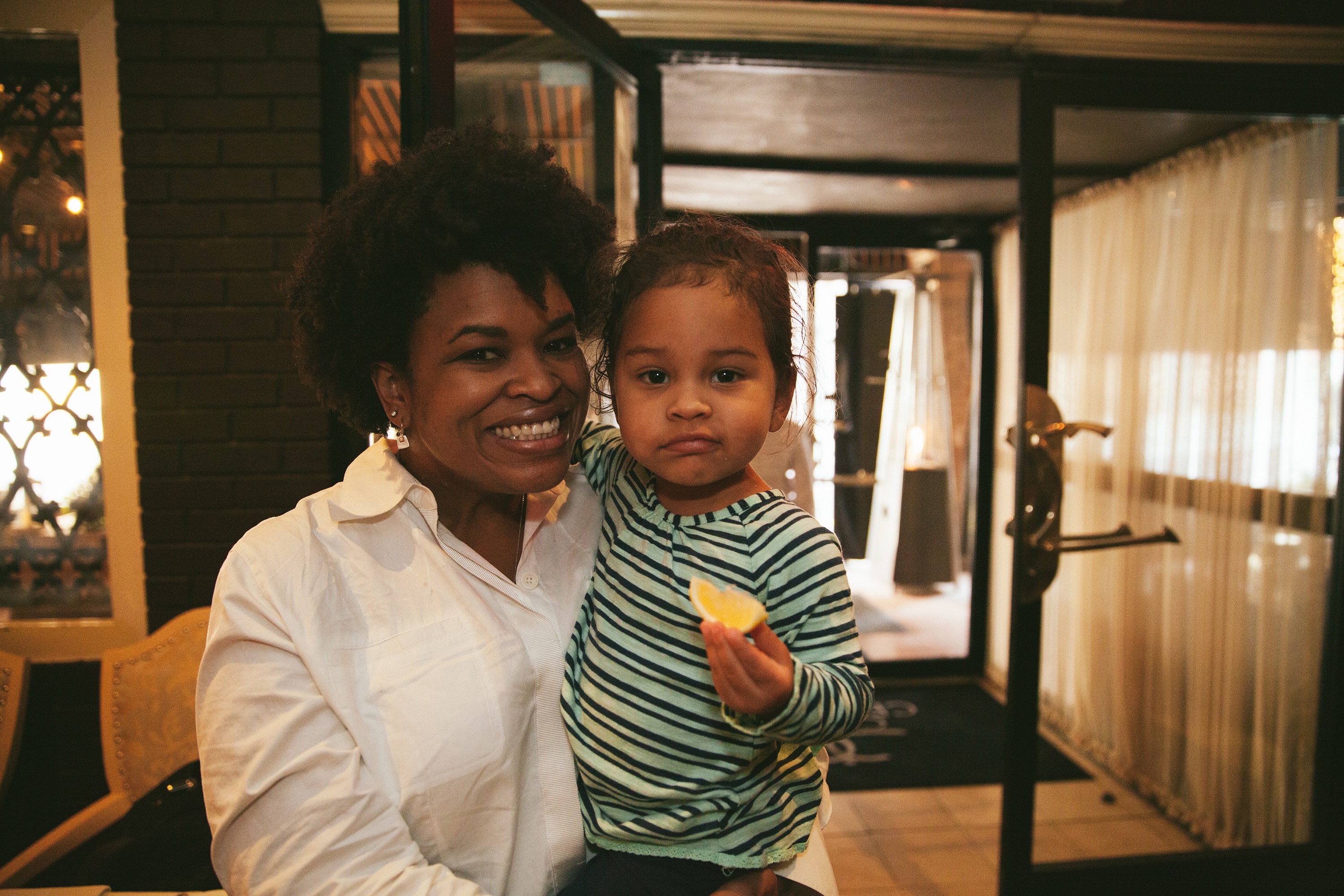
With three-year-old daughter Eléana. “I learn as much from her as I do from any client or colleague.”
What challenges do you face in particular as a woman in leadership?
It’s challenging to be a woman in business because I’ve never done it before…and so I didn’t know a lot of women mentors I could reach out to.
The way women manage people is very different than the way men manage people–I don’t know that one style is better than the other, but they are different. I think we are more nurturing than most men, and I think that’s an asset. But I want to make clear that “Just because I want to make sure you’re OK, doesn’t mean you can take advantage of the company or the people who are working here.” There needs to be a balance between the two.
And now you are raising a young daughter and future leader…
Yes. Someone described her as bossy and I said, “I would rather she be bossy than be the opposite of that.” Let’s embrace our bossiness!
###

